Featured Stories
-
Lightwave-connected chips
A new chip-connection system could help topple the “memory wall,” which limits computing speed and the growth of AI models today, by transferring data along reconfigurable pathways of light rather than electrical wires. The technology will be developed by a U-M led project funded by a $2M grant from the National Science Foundation’s Future of Semiconductors program.
-
New water purification technology
Water desalination plants could replace expensive chemicals with new carbon cloth electrodes that remove boron from seawater, an important step of turning seawater into safe drinking water. A study describing the new technology has been published in Nature Water by engineers at the University of Michigan and Rice University.
-
Battery-like computer memory keeps working above 1000°F
Computer memory could one day withstand the blazing temperatures in fusion reactors, jet engines, geothermal wells and sweltering planets using a new solid-state memory device developed by a team of engineers led by the University of Michigan.
-
Warming temperatures impact immune performance of wild monkeys
U-M anthropology doctoral student Jordan Lucore examined how the immune systems of wild monkeys in Costa Rica were impacted by temperature. The immune performance of wild capuchin monkeys declines when the animals experience higher temperatures, and younger monkeys seem to be particularly vulnerable to heat, according to a University of Michigan study.
News
News
- Detroit's economic picture expected to improve over next few years after labor market challenges
- Unpacking DeepSeek: Distillation, ethics and national security
- Uber, Lyft or transit? The answer appears to align with how people value their time
- Unpaid caregivers find moments of joy in daily life
- Finding the most efficient carbon-neutral aircraft for your flight
Visit Michigan News
Visit Key Issues
In The News
- Marketplace How Congress—and not the president—controls how taxpayer money is spent
- New York Times The US is having its mildest COVID winter yet
- DBusiness University of Michigan to Receive $10M to Boost Startup Innovation
- Detroit News How to deal—and not reel—from constant flood of information
View more In The News
Videos
Happening @ Michigan
Events
-
Feb 5 A Discussion by Judy Wu Rethinking Feminisms: Patsy Takemoto Mink and the Pacific Chemistry Dow Lab

- Feb 5 2025 Winter Job & Internship Fair | In-Person
- Feb 5 CMENAS MLK Day Event. Black-on-Black Solidarity: Falasteen between George Jackson and Kwame Ture (An Anti-Curator’s Talk)
- Feb 5 Devin Wright — “Intro to Comic Book Art”
- Feb 7 Leadership Extravaganza!!
- Feb 8 Double Helix: Violin Studio of Fabiola Kim in Recital
- Feb 10 Student Composer Concert Series
Visit Happening @ Michigan
Academic Calendar
-
- Mar 1
-
- Mar 10
-
- Mar 16
-
- Apr 22
-
- Apr 23, 26-27
-
- Apr 24-25, 28-30
- May 1
-
- May 2-4
View Complete Calendar
Carpe Diem


All Michigan, all the time
There’s always something amazing happening at Michigan. Whether it’s on campus or around the world, our students, faculty, staff and alumni are out seizing the day. A sampling of images captured over the years is shown in the gallery below.
-
 5:43 am
5:43 am
-
 6:10 am
6:10 am
-
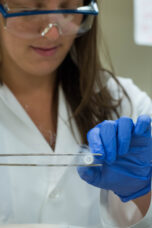 8:11 am
8:11 am
-
 8:49 am
8:49 am
-
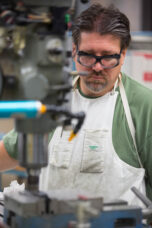 8:31 am
8:31 am
-
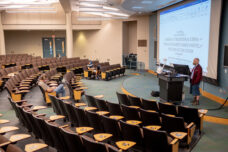 9:20 am
9:20 am
-
 9:33 am
9:33 am
-
 9:34 am
9:34 am
-
 9:13 am
9:13 am
-
 9:50 am
9:50 am
-
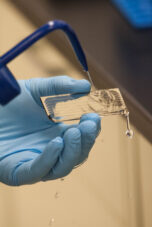 10:28 am
10:28 am
-
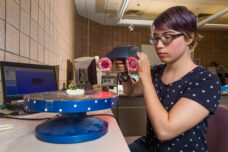 10:44 am
10:44 am
-
 10:14 am
10:14 am
-
 10:10 am
10:10 am
-
 11:18 am
11:18 am
-
 11:53 am
11:53 am
-
 11:14 am
11:14 am
-
 11:29 am
11:29 am
-
 11:48 am
11:48 am
-
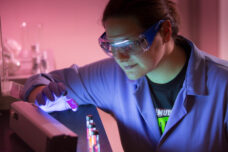 11:40 am
11:40 am
-
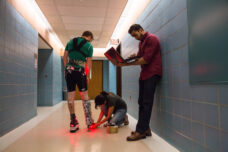 12:13 pm
12:13 pm
-
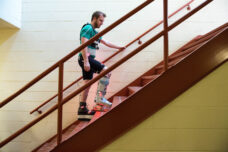 12:16 pm
12:16 pm
-
 12:46 pm
12:46 pm
-
 12:40 pm
12:40 pm
-
 12:16 pm
12:16 pm
-
 12:17 pm
12:17 pm
-
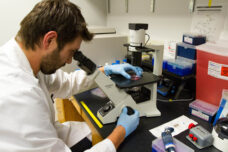 1:29 pm
1:29 pm
-
 1:20 pm
1:20 pm
-
 2:16 pm
2:16 pm
-
 2:40 pm
2:40 pm




